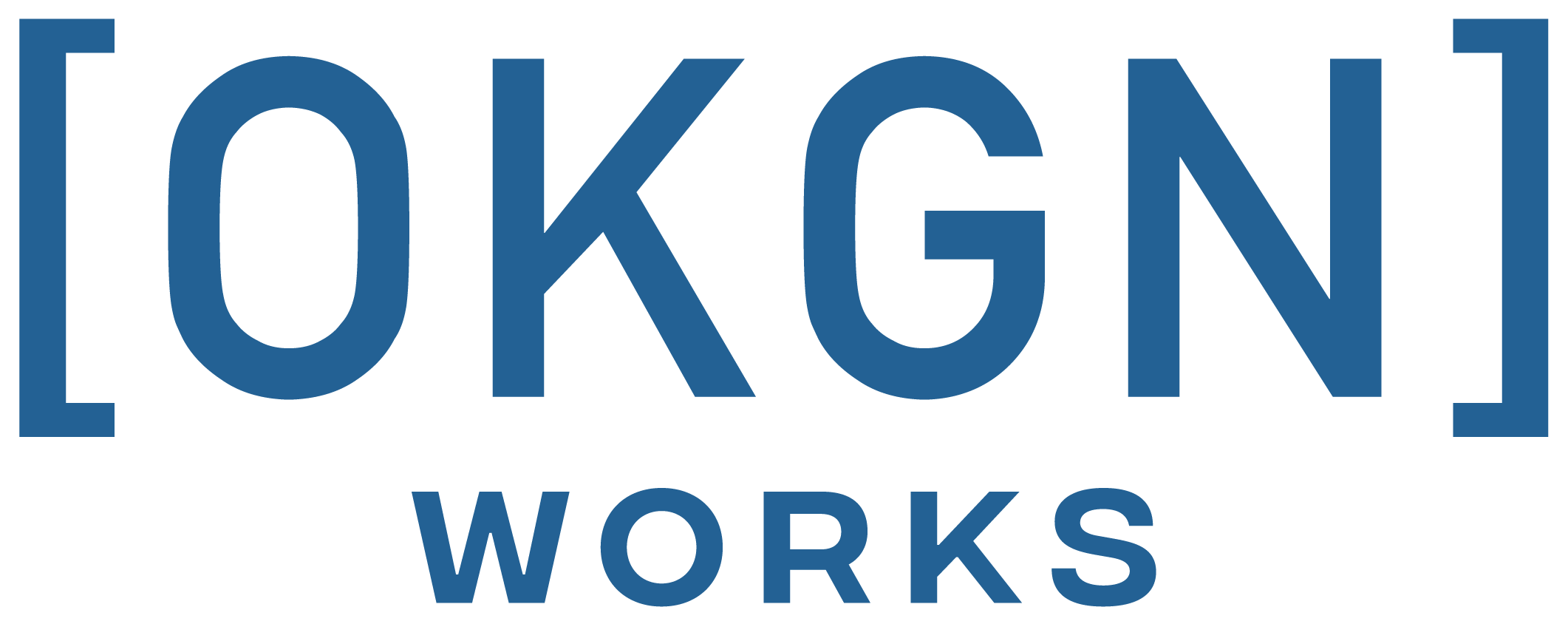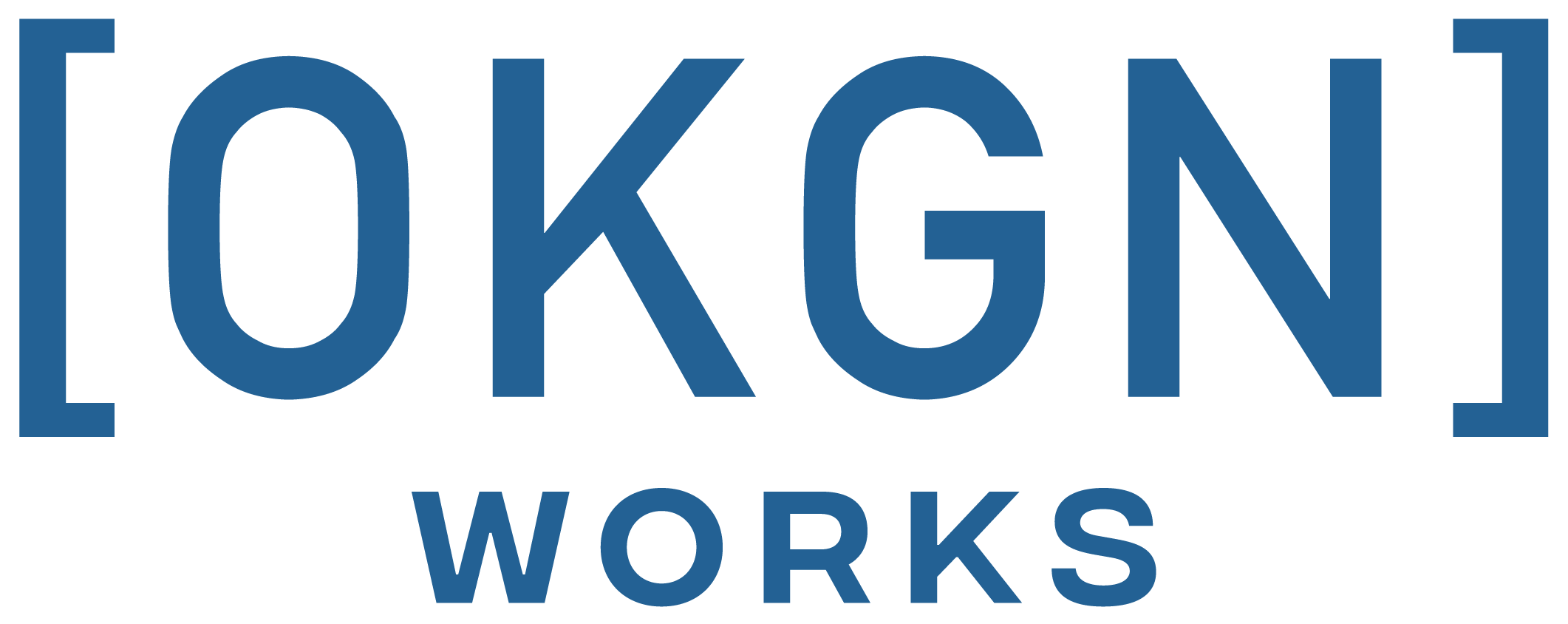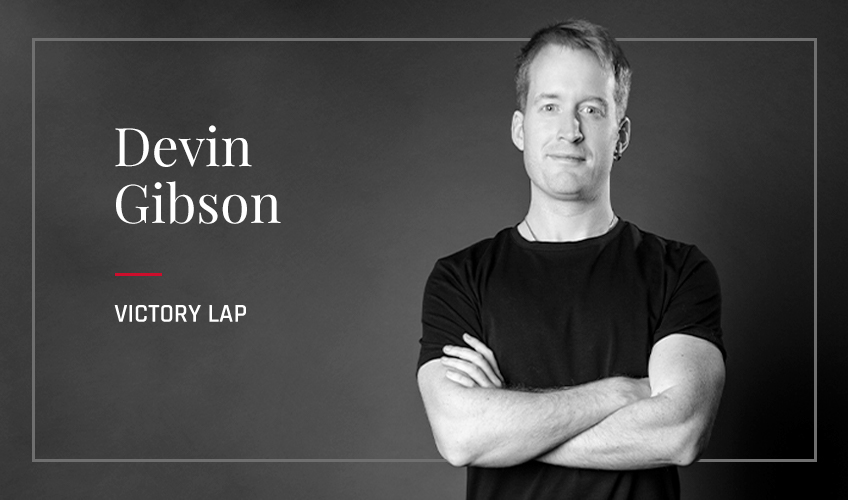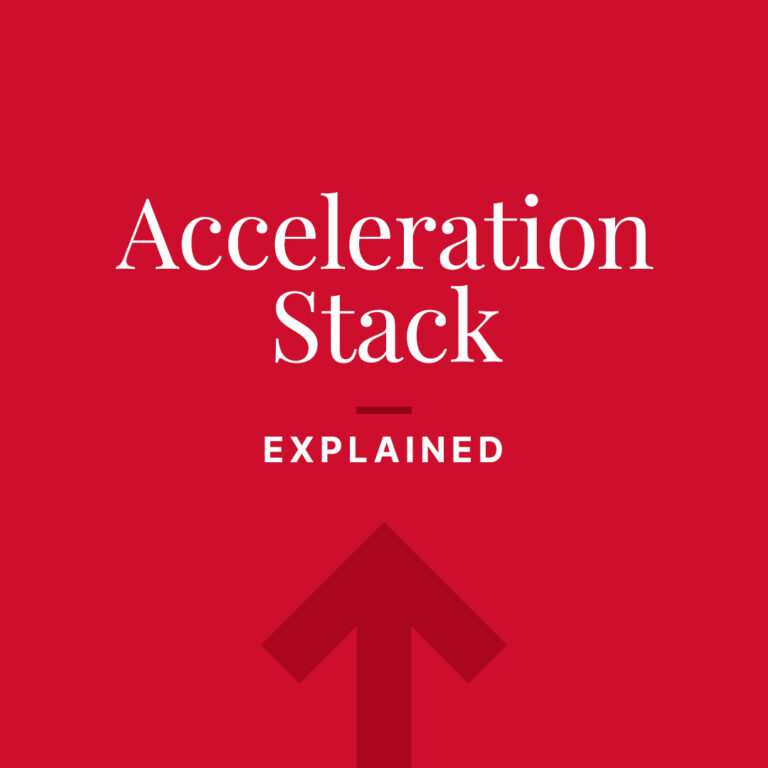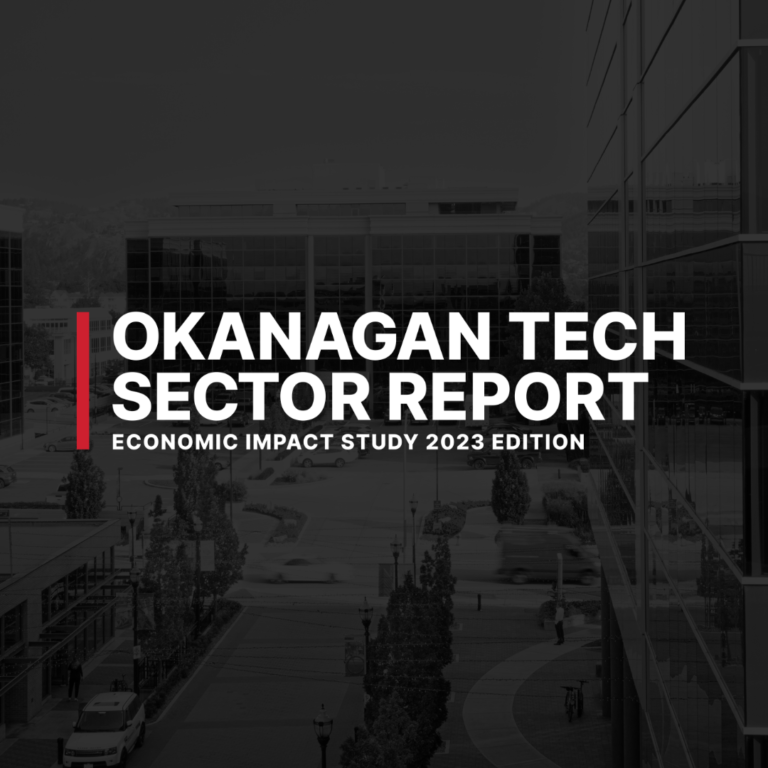“You’ve got to make that choice,” Devin Gibson, founder and CEO of Giv’r, tells me as he thinks about opportunities he’s had to leave entrepreneurship behind. “It could be an easy way to get that paycheque and make a normal life, but the payoff is really different when you’re building something yourself. ”
Giv’r is designed to be a passive, fundraising solution for local charities. It’s meant to showcase local businesses that have a socially conscious mandate, help those businesses see more customers and to help those customers save money. Leveraging that economic activity, Giv’r wants to help charities inherently raise money.

But this wasn’t how Devin’s path as an entrepreneur began. When first joining the Venture Acceleration Program (VAP) last spring, he was building a company called Central Creations and was convinced it was a foolproof idea. So much so that he had already invested a few months into the business and brought on a small team. However, shortly after entering VAP, his idea was no longer resonating with him as it had those months before. “I was working on Central Creations to specifically help content creators, but the type of people that needed help was the average person,” recalls Devin.
“Waking up every morning with the pandemic going on. Seeing food banks and businesses closing and people needing more help. The government was doing what they can, but it felt like everyone was walking a very thin line between complete failure and barely hanging in there,” recalls Devin.
“I made a massive pivot in taking what I had learned so far [with Central Creations] and applying it to something that could make a bigger solution to a bigger problem,” says Devin, explaining how he transformed into his new solution, Giv’r. “It was all done through customer discovery and figuring out what gets me out of bed in the morning. As an entrepreneur, you should be doing something that motivates you to succeed.”
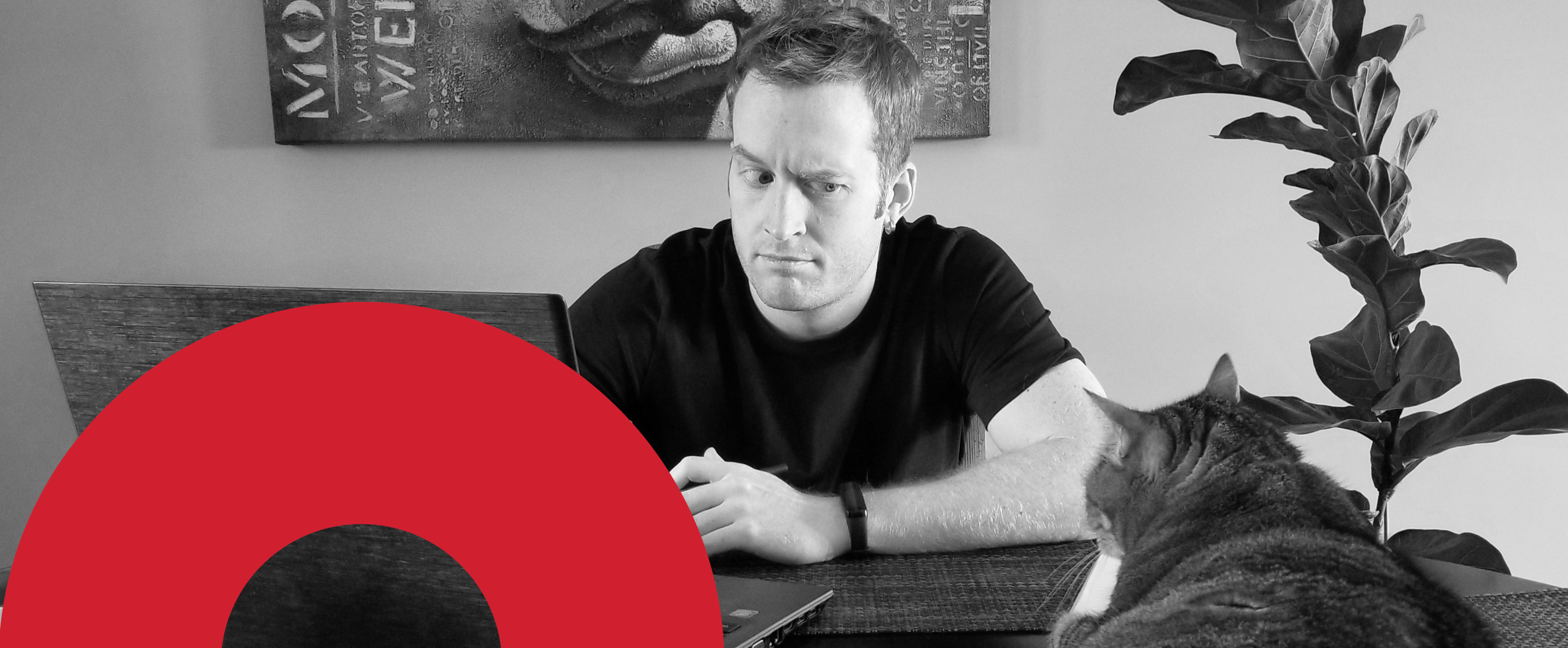
With such a big shift and Devin’s genuine high spirits, I optimistically ask if anything had been easier than expected. His answer was both unsurprising and reassuring, “I expected some things to be easier and I expected there to be challenges, but I was always running into roadblocks that I didn’t expect,” recollects Devin. “Some things just required you to slow down, think outside of the box and remember your customer discovery. That can really help simplify solutions.”
In transitioning the focus of his business, Devin found himself also shifting how he approached criticism and feedback to help him adjust more effectively, “I needed to make a pivot in how I think—using the term ‘solution’ instead of ‘idea’. You can get defensive about someone having criticisms on your idea, whereas proposing a solution and receiving criticism becomes more about refining the best way to solve a problem.”
As an enthusiastic and driven individual, Devin’s passion for supporting local businesses and charities is hard not to get swept up in. In fact, a long term goal of Devin’s is to remove the stigma associated with charities. “I want charities to have sustainable, ongoing income. I want to get them to the point where they’re not only able to help everyone, but they can improve the services they provide. I want to see them become more tech-savvy. I want charitable help to feel more like a first-class experience.”

Another challenge Devin faced in transitioning his business was needing to reduce his staff to a team of two. The other employee? His brother, who works as the head of product from Japan—where he is still maintaining a full-time position. It’s no surprise that the distance and time difference are obstacles that make meetings a little more challenging, but the reasoning Devin shares with me for working with his brother is one that is as relatable as it is comforting, “it’s a blessing and a curse… What’s really nice is that at the end of the day, no matter what happens, we still love one another.”
Devin explains that his focus in the business right now revolves around numbers and corporate structure, ensuring that it’s built to last. However, he humbly admits that this is not a preexisting skillset he’s leveraging. Instead, it’s one that he needed to work on and develop with different mentors and one-off meetings with members of the community. He jokingly remarks, “It wasn’t a strength, but I’m definitely stronger than I was—or than my brother is.”
A strength that Devin does highlight, and one that is evident to me during our interview, is his ability to self-motivate and tackle challenging obstacles with creative problem-solving. “I may run into things that take the wind out of my sails, but I have the ability to generate my own wind. Learning the numbers, thinking about what the company will look like over the next 5 years, was daunting. But running towards that discomfort is a skill of mine.”
Through VAP, Devin was exposed to his first set of structured mentors and had been gracefully accepting their constructive criticism and advice at every opportunity. “I used to just run headfirst, eyes closed into situations, but mentorship has been a godsend for me. The positivity and confidence that they give you helps so much.”

After working with different mentors and coaches through VAP, Giv’r was moving strategically through its development—as was Devin. “I made it a goal to read books as fast as possible after AO staff mentioned them. Not great for retention, but I did my best to pull out the golden nuggets before moving onto the next book,” says Devin. As a result of the late pivot, the company is still quite young and Devin, ever seeking out the silver lining, sees this as nothing but promising, “I can apply that feedback, new learnings, and mentor advice quickly. Being so new, it also means that I have so much opportunity ahead of me. I don’t have a lot to lose.”
As I ask him about the challenges that currently face Giv’r, Devin honestly highlights two of the obstacles that stand before him. The first is explaining his business in a concise manner that can be understood by those who are not tech-savvy or familiar with the space he’s working in, “things I consider common sense, because I’m so involved in it, won’t be common sense for other people. Discovering what type of verbiage I can use, what I can’t, and the best way to explain things has been a big challenge.” The second issue Devin elaborates on is getting an MVP of Giv’r off the ground, “doing technical development as cheap as we can, just bootstrapping the hell out of it, and getting to a spot where it can really grow. Once we get that ball rolling, I’ll sleep better.”
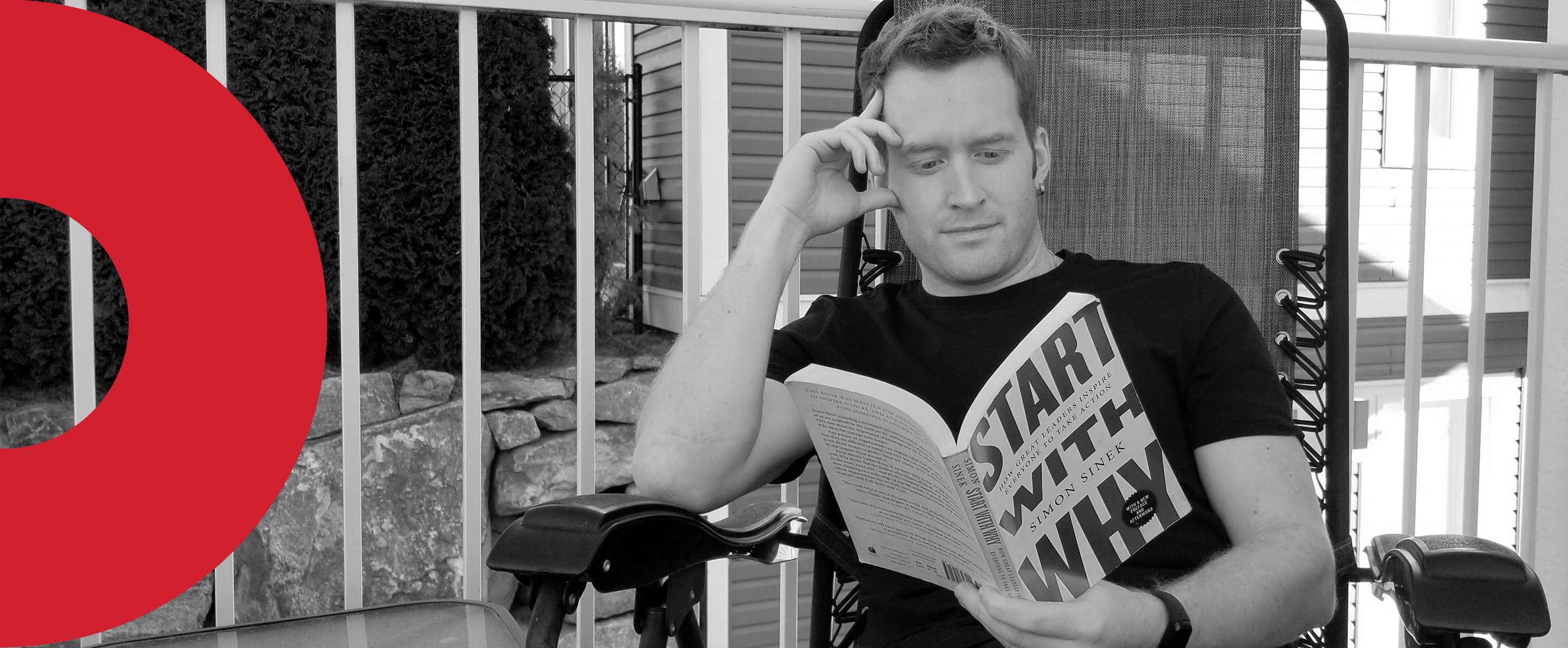
When I ask what makes him so enthusiastic about his business’s future, Devin is quick to answer, “the enthusiasm I’ve received is great. They like that it’s meant to benefit everyone. It’s not meant to put anybody in a position where they’re losing anything. It’s meant to help the individual and the businesses as passively as possible.”
In a phrase that seems to capture both the drive behind Giv’r and Devin’s own motivations, he tells me what makes his business such a unique sell, “without doing much at all as an individual, you’re doing a lot as a collective.”
Entrepreneurs, like Devin, are all experiencing failures, victories, and daunting obstacles. They are taking their learnings and applying them to new challenges. This is the nature of startups, this is the nature of building something out of nothing. Regardless of an entrepreneur’s experience or stage of their company, having support and mentorship to help navigate the entrepreneurial journey is key.
Connect with Devin to learn more about Giv’r.
Connect with Alanna to learn more about mentorship for startups.
